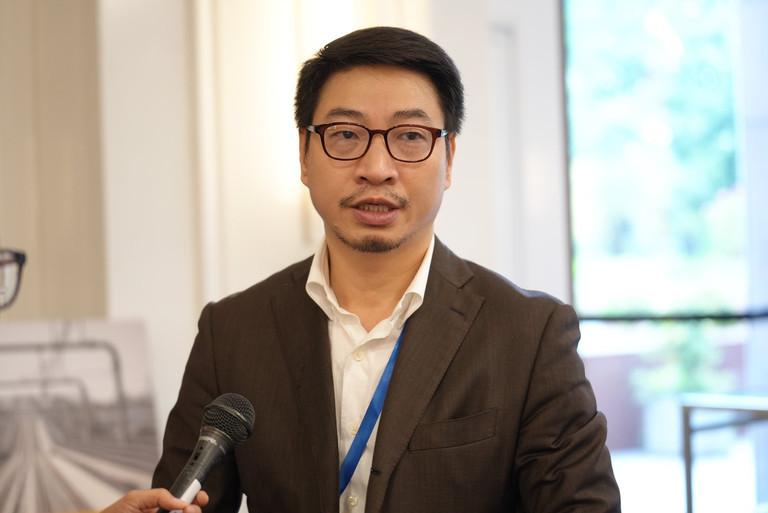
He said that there should be a legal framework tailored specifically for Hanoi and HCM City, close to the mechanism commonly used in developed countries.
The mechanism includes groundbreaking policies in the fields of urban planning, land compensation and recovery, financial resources, administrative procedures, investment and construction, technology, material supply, organization model and human resources development.
He emphasized the need for a reasonable decentralization policy, which gives more power to Hanoi and HCM City to issue regulations and set standards for the two cities.
Meanwhile, a specific administrative procedure needs to be applied to accelerate the process of investment and implementation.
Vu Anh Tuan, director of the Vietnamese-German Transportation Research Center, said five issues need to be solved in order to develop urban railways effectively and rapidly.
The five issues, also the ‘pillars’ of transport development, include planning, site clearance, financial and capital policies, suitable technology and project management skills. Of these, two pillars need to be ‘built’ in the immediate time – planning and finance policies.
Regarding finance, the resources for new urban railways will come from sources of revenue including tickets, advertisements, land and real estate development in areas near stations.
The capital can be mobilized from the stock market, domestic and international capital markets, and bond issuance. Tuan said there are also problems in huge project management.
The current management regime which includes 128 procedures is no longer suitable to urban railway management and operation. "We can learn experiences from Shanghai, Hangzhou and Shenzhen in China. As far as I know, the ‘turn-key’ principle is applied, which means the central government allows local authorities to conduct urban planning and project approval. Meanwhile, local authorities assign every contractor to execute certain routes from A to Z,” he said.
Phan Huu Duy Quoc, a member of the advisory board for HCM City urban railway development, thinks that to implement the Politburo’s Conclusion 49 on railway development, it is necessary to increase autonomy for local authorities and apply specific policies.
The cities need to be allowed to set technical standards, choose standards and mobilize capital. Under Conclusion 49, Hanoi must build 405 kilometers of urban railways within the next 12 years with capital of $37 billion.
N. Huyen